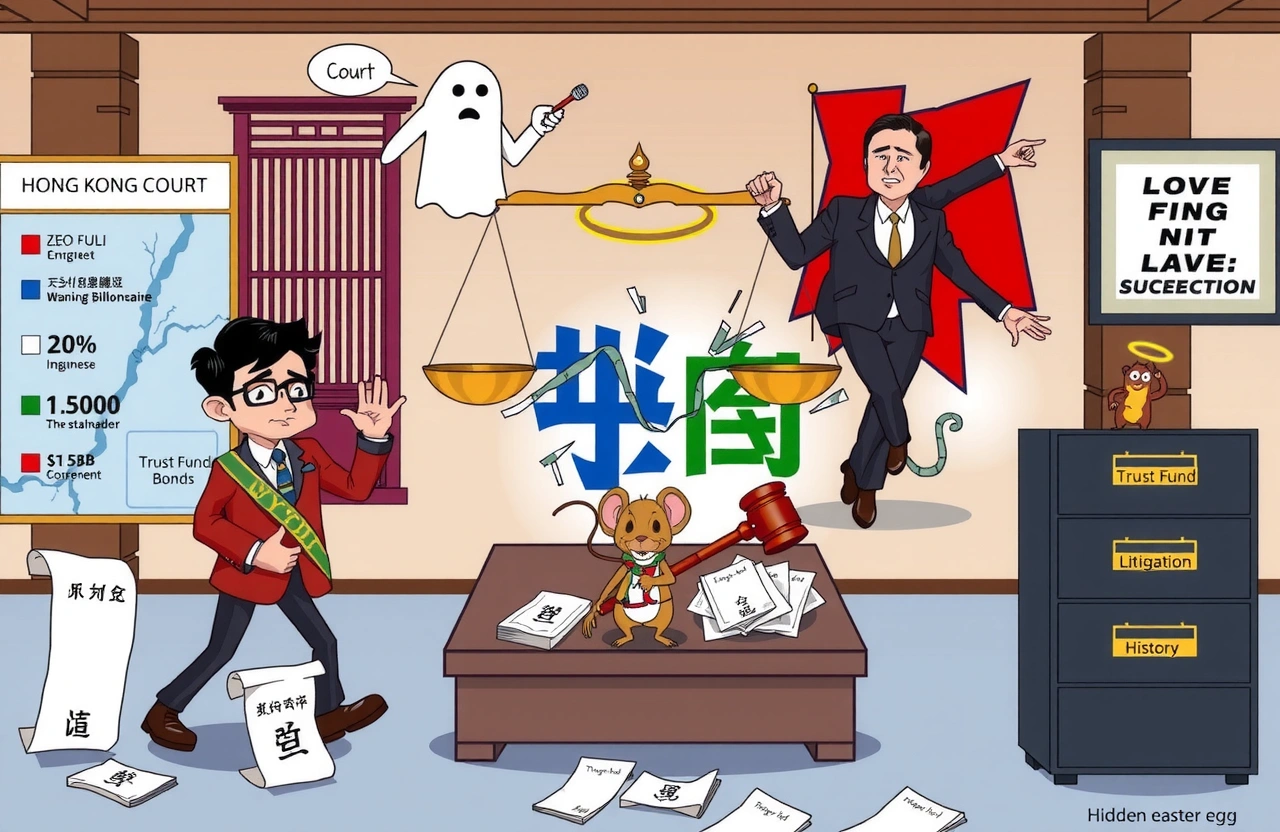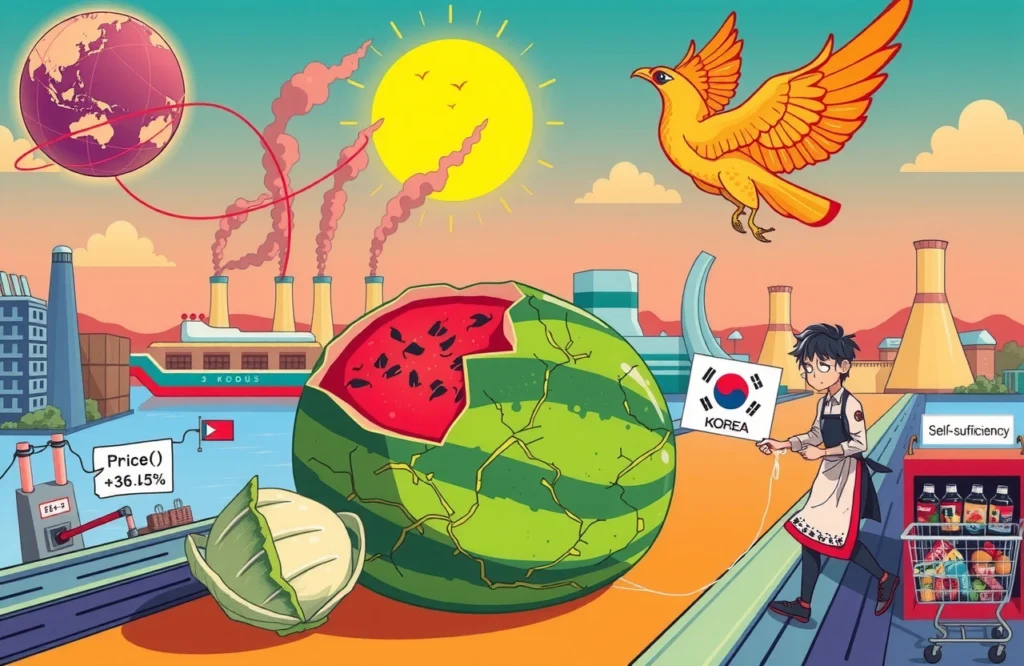**Summary of Wahaha Power Struggle** – Founder Zong Qinghou’s death triggered control battle between daughter Zong Fuli and former deputy Du Jianying – Three siblings claiming to be Zong’s children filed inheritance lawsuits against Zong Fuli – State shareholder Hangzhou Shangcheng District Asset Management holds pivotal stake – Legal battles span Chinese and Hong Kong courts over $1.5B family trust
A Brewing Conflict Erupts Post-Founder’s Death
The untimely death of Zong Qinghou (宗庆后), China’s ‘Barefoot Billionaire’ and founder of beverage giant Wahaha Group, ignited a corporate succession war that reveals complex family dynamics and corporate governance challenges. Seven months after his February 2024 passing, what began as boardroom tensions evolved into open warfare between his daughter-successor Zong Fuli (宗馥莉) and several unexpected claimants to his empire. This conflict threatens both Wahaha’s operational stability and the legacy of China’s iconic consumer brand.
The Powder Keg Structure
Wahaha deliberately remained unlisted under Zong Qinghou, creating a volatile ownership triangle – Hangzhou Shangcheng District Asset Management controls 46% as nominal largest shareholder; Zong’s family holds 29.4% but exercised de facto control; employees own 24.6% through their union. This structure enabled family dominance but lacked succession protocols, transforming grieving into corporate warfare when Zong Fuli assumed leadership and rivals emerged from unexpected quarters.
Primary Contenders in Wahaha Control Battle
Du Jianying (杜建英): The Dethroned Deputy
As Wahaha’s former second-in-command, Du Jianying’s trajectory symbolizes the power shift. Joining in 1991 shortly after graduating from Zhejiang University, she rose through finance roles to oversee core operations including exports and investments. Her authority eroded when Zong Fuli returned from the U.S. in 2004, culminating in Zong Fuli becoming Deputy Chairman in 2021.
The Backup Empire Builder
Anticipating marginalization, Du diversified assets: Holding stakes in Wahaha production lines Maintaining control of seven companies Investments across 21 enterprises
This financial positioning proved prescient when Zong Fuli’s post-succession factory closures targeted Du-connected facilities. Their clash escalated globally when Du sought U.S. court injunctions against asset transfers while Zong Fuli pursued embezzlement claims in Chinese courts.
Zong Fuli (宗馥莉): The Anointed Successor
Despite confronting multiple challenges, including resignation threats during July 2024’s board confrontation, Zong Fuli emerged victorious—securing Chairman/CEO positions and controlling her father’s 29.4% stake. Her consolidation strategy included personnel purges replacing veterans with allies from her Hongsheng Beverage Group and closing ‘non-strategic’ factories.
The Testament Card
Zong Fuli’s strongest defense lies in a 2020 will that states, ‘All overseas assets shall be exclusively inherited by Zong Fuli.’ This document anchors her claims against inheritance challengers while allowing operational control despite intensifying legal pressure.
The Inheritance Challengers
Three U.S.-citizen siblings – Zong Jichang (Jacky, 宗继昌), Zong Jieli (Jessie, 宗婕莉), and Zong Jisheng (Jerry, 宗继盛) – claim shared inheritance rights despite uncertain maternal origins. All raised by Du Jianying, their 2025 lawsuits target Wahaha’s core assets and Zong Qinghou’s $1.5 billion family trust.
Strategic Legal Onslaught
Hong Kong Courts: Focus on trust validity/freezes China Courts: Inheritance rights for Wahaha shares
The lawsuits leverage Chinese Civil Code Article 1071 granting equal inheritance to biological children regardless of parent marital status. DNA tests requested could determine biological relationships while Wahaha’s southeast Asia expansion documents counter alleged trust fund diversion claims.
Kingmaker Stakeholder: Public Ownership Role
Hangzhou Shangcheng District Asset Management’s decisive 46% stake becomes pivotal in resolving the standoff. Previously constrained by Zong family and employee solidarity (collective 54%), the shareholder explored divestment in 2023 signaling potential allegiance shifts.
The State’s Exit Strategy
Reports indicate interest from Du Jianying in acquiring the state shares – a scenario that could tilt control decisively away from Zong Fuli. This becomes increasingly feasible with evidence showing Wahaha Group becoming functionally hollowed-out as assets shift to Zong Fuli-controlled Hongsheng Group entities. Financial documents reveal Hongsheng controls 86% of Wahaha system assets ($370B vs $58B).
Family Divides Deepen
The conflict exposed surprising familial fractures as Zong Houze (宗泽后) – Zong Qinghou’s brother and early Wahaha contributor – publicly critiqued his niece’s leadership: ‘She disregards family bonds… lacks practical solutions to aging products/channels/personnel.’ His comments coincided with sibling lawsuits amplifying pressure.
The Three-Headed Challenge
Opaque Origins Multiple potential mothers Complicated guardianship Kamikaze litigation strategy Significantly, Zong Houze’s comments suggest coordinated opposition extending beyond the three siblings. Experts interpret his remarks as validating challenger claims while undermining Zong Fuli’s moral authority.
Resolution Pathways: Conflict or Compromise?
Observers warn prolonged conflict jeopardizes Wahaha’s $5 billion beverage empire. Independent analyst Cao Jiaqing notes mutually destructive outcomes appear increasingly likely without mediation: ‘The optimal path involves establishing firm control for one faction while securing others’ financial interests through trusts/dividends. Each month of litigation depletes institutional value.’
Five Critical Stakeholders
Zong Fuli: Anchored by 2020 will and operational control
Du Jianying: Supported by potential state share acquisition
The Siblings: Leveraging biological inheritance claims
State Shareholder: Seeking clean exit strategy
Employees: Impacted by facility closures/restructuring
Wahaha’s succession battle represents an inflection point for Chinese family enterprises lacking transparent governance. Whether resolved through court verdicts or negotiated settlements, the outcome will reverberate across Asia’s corporate dynasties while testing China’s capital control frameworks given cross-border asset disputes. For investors tracking the beverage sector through sources like Beverage Digest, Wahaha’s stability directly impacts competitive dynamics against rivals like Uni-President and Tingyi Holdings.
**Discover what Wahaha’s succession fight reveals about China’s corporate governance evolution.**




